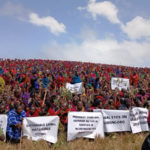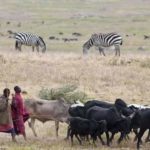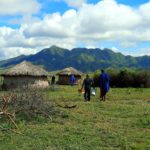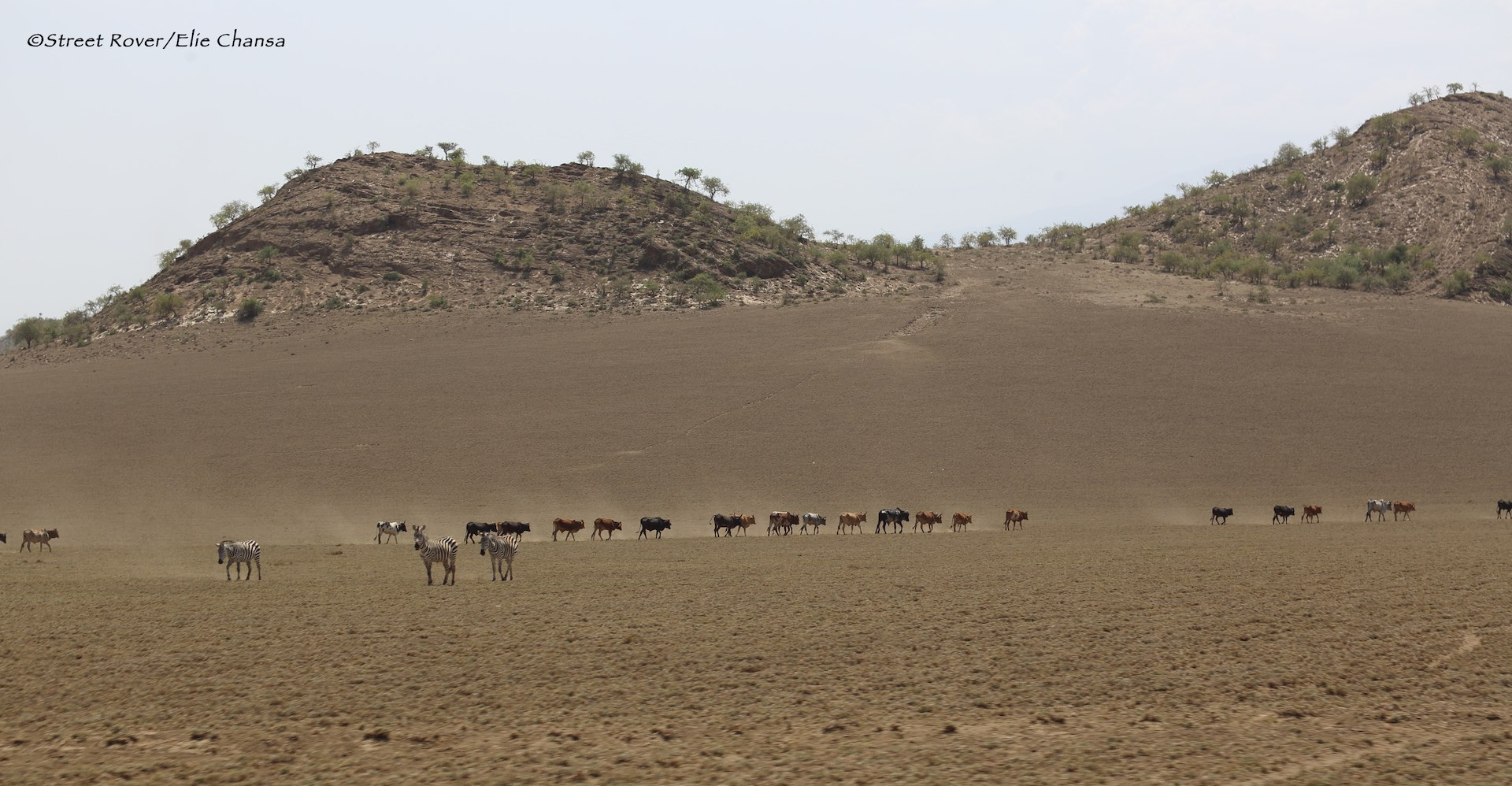By Guest Contributor.
In recent years, Tanzania has witnessed a number of climate related disasters namely, flooding, droughts, widespread crop failures, livestock deaths and intensification of climate sensitive diseases especially to the Indigenous communities (Maasai, Hadzabe ) who are still depending on nature for their survival. The effects of climate change in the these communities are widespread and significantly interfere with agriculture, pastoralism activities and also climate change has widely affected Akiiye and Hadza communities who still depend on hunting and gathering.
For the least developed countries known as the third world, the problem of Climate change is linked to extreme poverty which leads to deforestation, forest fires, farming of water sources, livestock grazing at water sources, arbitrary construction, construction of dams and road infrastructure that do not comply with the instructions of environmental experts and the views of indigenous communities.
PINGO’s Forum’s climate change, Gideon Sanago, said indigenous communities are affected by climate change, therefore it is important to intervene the situation since climate change has direct impacts to human development, “for example in Maasai community we have witnessed Livestock are dying due to lack of grazing, land disputes have increased but also poverty for indigenous communities is increasing.”
Adam ole Mwarabu said indigenous communities combat climate change with indigenous knowledge, yet are not recognized, and that scientists and other stakeholders can help on fostering recognition.
“We have experienced the effects of climate change in our communities in environment and in cattle production, severe recurrent drought periods result in shortage of forage and water, leading to cattle starvation and malnutrition massive cattle deaths and outbreaks of diseases such as contagious bovine pleuropneumonia and tick-borne diseases, reduction in milk production and poor livestock market prices”
”It is my appeal to government and other stakeholders that the implications of climate change must be taken into account to ensure longer-term survival and sustainability of pastoralists communities through strengthening of climate risk awareness programs and early warning systems across the country especially to pastoralists areas” Ole Mwarabu winded.
Are Government Efforts Enough to Rescue the Situation?
Climate Change Initiatives in Tanzania
In addressing Climate change at national level, various initiatives and programmes have been undertaken in Tanzania in the context of UNFCCC and its Kyoto Protocol. As the first step, Tanzania ratified UNFCCC and its Kyoto Protocol in 1996 and 2002 respectively to ensure that climate change issues are addressed at the national level supported by national policies and legislation. Therefore, implementation of the UNFCCC and the Kyoto Protocol is further supported by the enabling environment including the National Environment Policy (1997) and the Environmental Management Act 2004 (EMA)
Gender mainstreaming in Climate Change Initiative in Tanzania
Realizing the importance of Gender in Environment and Climate Change initiative, NEMC has already formulated Anti-Sexual Harassment Guideline in the Environment and Climate Change The main aim of these Guidelines is to answer the demand for supporting national authorities involved in environment management to adopt a coherent and systematic approach towards the mainstreaming of gender. Indeed, the Guidelines are intended to be resourceful documents of practical use for governments, decision makers and stakeholders involved in the development and implementation of environmental management programs.
During an interview, Gender Officer, Miss Nailejileji Tipap said that Climate change is certainly a major problem, especially for women in rural areas and indigenous communities who are responsible for walking long distances in search of water, firewood and sometimes leading to conflict and family breakdown as climate change forces people, especially pastoralists communities change lifestyle; whereas men are forced to flee to cities and leave their families in rural areas, which leads to marital and family conflicts and further spread of diseases like HIV/AIDS
Challenges of Climate Change initiatives and mitigations
Though Tanzania Authorities struggling to intervene the situation but there are a number of factors which push back these efforts including depending on external funding to facilitate various programs, outdated Environmental Policy to address Climate Change,
“The Government has tried as much as they can to make sure that there are initiatives to combat the challenge, though lack of enough fund and enough experts is still a challenge toward the achievement. So far we have done various projects and we are hopeful in a few months we are going to have big projects with CRDB Bank in Tanzania to adress the challenge of Climate Change in the Country” said Engineer Lewis Nzali the National Environment Management (NEMC) Zonal Manager representing Kilimanjaro, Arusha,Manyara and Tanga regions





